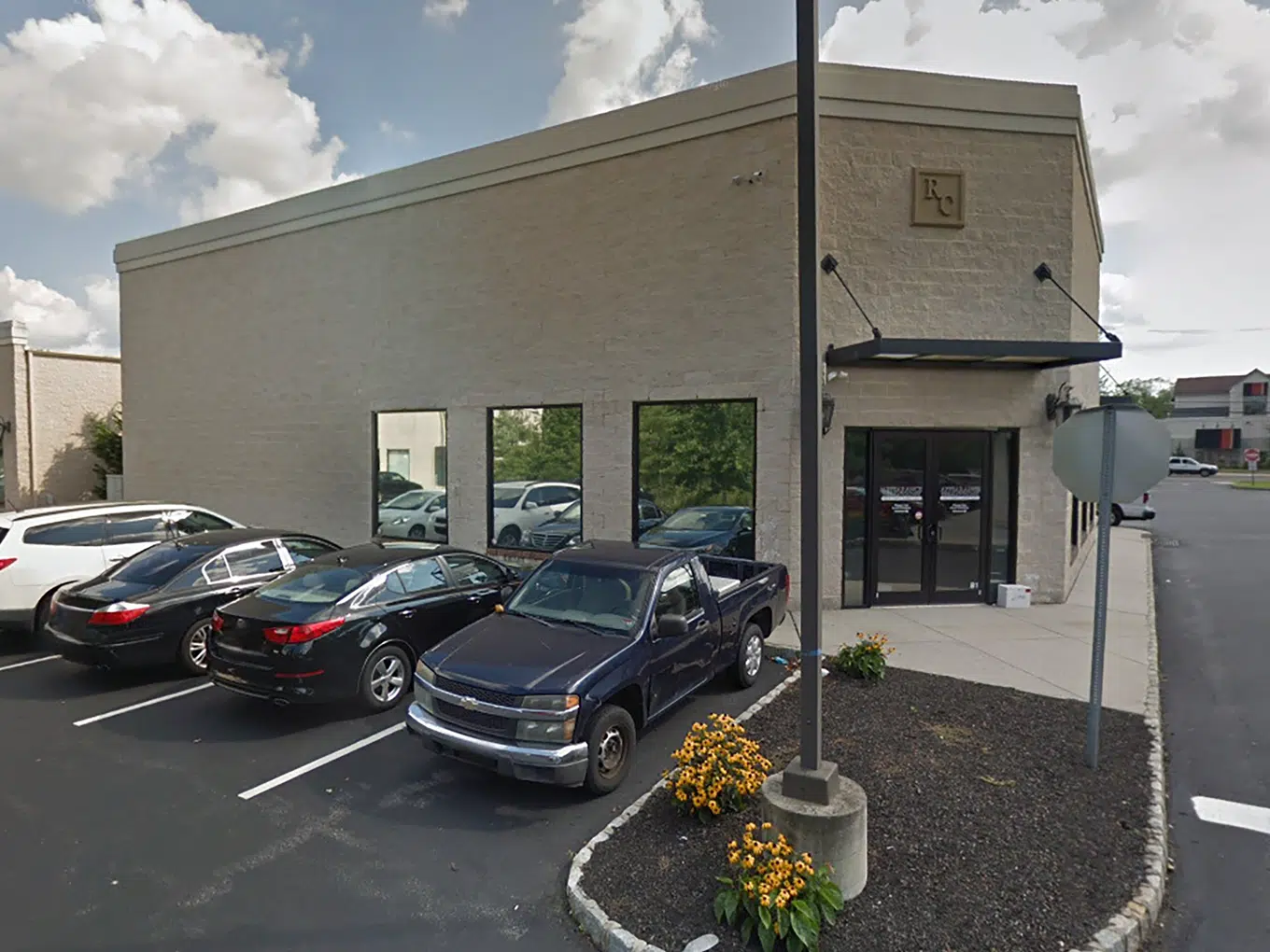Real Estate Matters
By Elisa Jo Eagan
If you are looking for ways to diversify your investments or put your real estate equity to work, here are eight questions you should ask yourself before developing your real estate investment portfolio.
- What Type of Real Estate Investment Model Will You Pursue?
There are a variety of ways to invest in real estate. You can purchase a “Handyman Special,” finding an undervalued property, fixing it up, then reselling it. This short-term investment is called a fix-and-flip. Alternatively, if you identify a property that you may want to keep long term, especially now in a strong rental market like ours is, you may want to pursue a buy-and-hold strategy.
There are lots of long-term, buy-and-hold options to consider including military housing, single-family housing, yearly rentals, island community summer vacation rental property, or Airbnb investments.
- What Updates Are Needed for A Flip?
You will want to add value to a flip while keeping an eye on profitability. You will need to complete any repairs and updates quickly to minimize carrying costs, including mortgage payments, insurance and taxes.
Often, flippers will favor low-cost, high-impact cosmetic improvements to enhance the marketability of the property and increase its appeal to potential buyers, such as kitchen, bath, flooring and other updates. Remember, you are not choosing fixtures and finishes based on your personal preferences. Let cost, availability and market impact guide your choices.
- What Updates Are Needed For A Buy-And-Hold Investment?
Often, buy-and-hold investors put less time into cosmetic upgrades in favor of getting the property market ready and occupied as quickly as possible. Rentals in our area are in strong demand so a buy-and-hold property may be ready to go on the rental market with only a deep cleaning and a lawn cleanup.
If some of the home’s systems are significantly out of date, you may want to make needed repairs or updates before bringing in tenants to save time and money down the road.
- What About A Short-Term Rental?
Short-term rental owners focus more on the location of the property, the number of beds and the number of value-added amenities they can include.
Part of the expense is furnishing it comfortably and adding dishes, kitchen utensils and other accessories. Upgraded fixtures and finishes are often included to make the property show better on internet reservation sites and to ensure more favorable guest reviews.
- How Will You Manage And Maintain The Property?
For any rental, you need to consider whether you want to live the landlord lifestyle or turn the responsibility over to a property management company. If you are handy and looking for something to do with your time, you may feel comfortable being hands-on: handling tasks such as coming out for late-night repairs or onboarding renters.
For short-term rentals especially, you will also need to decide whether you will be taking on the task of cleaning and prepping the property between guests, or hiring a cleaning service.
- How Will You Find Renters?
While you can promote the property yourself, it is often better to work with a professional Realtor, leasing agent or property management company to find well-qualified tenants.
Remember, it is far cheaper to properly market a property and check out a tenant ahead of time than it is to evict someone for non-payment or repair damage from a bad renter.
- What Limitations Will You Put On Your Renters?
Will you allow pets? If so, will there be restrictions on the size or number? What about the lawn? Who will maintain it and how?
There are many things to consider before you rent out your property, and you will need to ensure that they are adequately spelled out both in your initial marketing materials and in your rental lease agreement.
Talk with your leasing agent or property manager about the policies, procedures and restrictions, and make sure that you thoroughly read the New Jersey Truth In Renting Act Booklet, and that a full copy of it is provided to your tenant.
- What Will You Provide As Part Of Your Rental Property?
Will you pay some or all of the utilities? Will you pay the HOA or condo fee? Will you pay for pool maintenance, lawn care and pest control?
Weigh the impact of paying some of the costs associated with property upkeep against the liabilities that you will incur if the tenant does not properly maintain the home and grounds. You may find that it is more cost effective to charge a slightly higher rent than to do the dirty work yourself.
May your Halloween have lots of good treats!
For real estate information and advice, contact Elisa Jo Eagan, the “Real Estate Godmother,” at 609-703-0432. Learn more at www.TheRealEstateGodmother.com.
For More Real Estate Questions, Information and Advice Contact Elisa Jo Eagan “The Real Estate Godmother” (609)703-0432 and Remember…”There’s No Place Like Owning Your Own Home!”









